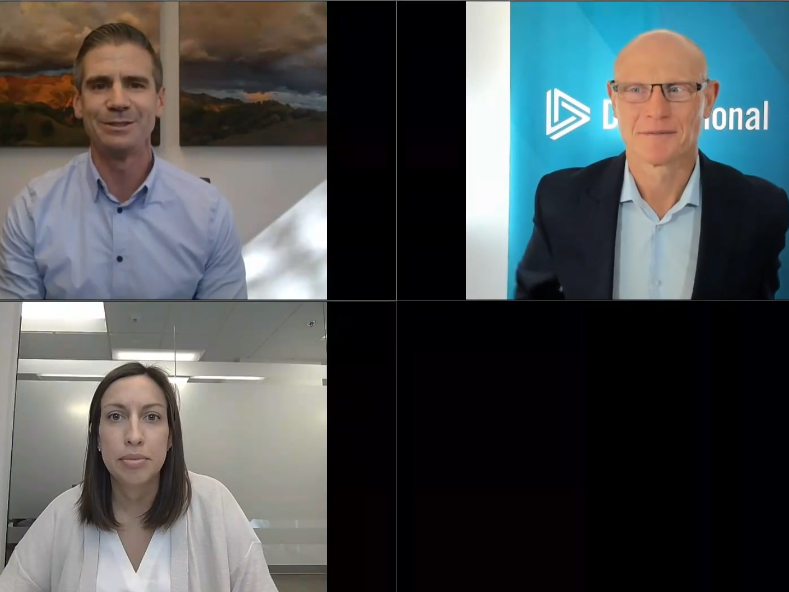Wealth Management for Bay Area executives requires a comprehensive approach that considers your unique financial situation, goals, and risk tolerance.
- Retirement planning: Bay Area executives often have high incomes, so it’s essential to plan for retirement early and ensure they have enough savings to maintain their lifestyle in retirement whenever it begins. This could include maximizing contributions to retirement accounts, considering alternative investments, and developing a retirement income strategy.
- Investment management: A successful investment strategy involves diversification across asset classes and regions, managing risk, and regularly reviewing and adjusting the portfolio based on market conditions and the client’s changing needs.
- Estate planning: Bay Area executives need to consider how their wealth will be transferred to their heirs and minimize estate taxes. This could involve creating a trust, gifting strategies, and other estate planning tools.
- Risk management: With wealth comes the potential for liability, so it’s important to have adequate insurance coverage and liability protection in place.
- Philanthropy: Many executives are interested in giving back to their community through charitable giving. Financial Planners can help clients develop a giving strategy that aligns with their values and maximizes the impact of their donations.
As an executive, you have unique needs and requirements when it comes to managing your wealth, and it’s important to have a comprehensive plan in place that takes into account your current financial situation, your future goals, and any potential risks or challenges that may arise.
In this article, we’ll explore some of the key strategies and tools that executives can use to manage their wealth effectively, including retirement planning, asset allocation, tax planning, risk management, and estate planning.
Retirement Planning
The Bay Area is known for its thriving tech industry, which attracts talented executives and entrepreneurs who often earn high incomes. While a high income can be a great advantage, it can also create unique challenges when it comes to planning for retirement.
First, it’s essential to plan for retirement early. This is because high earners often have high expenses, including high housing costs and taxes. Delaying retirement planning can make it more difficult to save enough to maintain the same lifestyle in retirement.
Maximizing contributions to retirement accounts is an effective way to save for retirement. The Bay Area has a range of retirement account options, including 401(k)s, IRAs, and Roth IRAs. By contributing the maximum allowed each year, executives can take advantage of tax benefits and grow their retirement savings faster.
In addition to traditional retirement accounts, executives may also consider alternative investments. This could include real estate, private equity, or other types of investments that may offer higher returns than traditional stocks and bonds. However, these types of investments typically come with higher risk, so it’s important to work with a financial advisor to determine the appropriate mix of traditional and alternative investments.
Finally, developing a retirement income strategy is critical. This involves determining how to best withdraw money from retirement accounts and other investments to provide a steady stream of income in retirement. Executives should consider factors such as taxes, inflation, and market volatility when developing this strategy.
Investment Management and Asset Allocation
One of the most important aspects of financial planning for executives is asset allocation.
This refers to the process of dividing your investments across different asset classes, such as stocks, bonds, and real estate, in order to achieve a balanced portfolio that is aligned with your risk tolerance and investment objectives.
It’s important to understand your individual risk tolerance and develop a plan that aligns with your goals and objectives. This includes considering the potential for losses, the time horizon of their investments, and the amount of volatility you can tolerate.
As an executive, you may have a substantial amount of wealth tied up in company stock options or restricted stock units. While these assets can provide a significant boost to your net worth, they also come with a high degree of risk, as their value can fluctuate rapidly based on market conditions or changes in your company’s performance.
To mitigate this risk, it’s important to diversify your portfolio across different asset classes, including stocks, bonds, and alternative investments such as real estate or commodities. By spreading your investments across a range of asset classes, you can reduce your overall risk while potentially increasing your long-term returns.
Regularly reviewing and adjusting the portfolio based on market conditions and your changing needs is also crucial. Markets are constantly changing, and investors should periodically assess their investments to ensure they are still aligned with their goals and objectives. This may involve rebalancing the portfolio, selling underperforming assets, or increasing exposure to areas that are expected to perform well.
Additionally, your needs and circumstances may change over time, so it’s important that your advisor communicates with you and adjusts the investment plan accordingly.
Tax Planning
The Bay Area is known for having high taxes, so it’s important to have a tax-efficient investment strategy.
As an executive, you may be subject to a range of taxes, including income tax, capital gains tax, and estate tax. It’s essential to have a comprehensive tax strategy in place that takes into account your current tax situation, as well as any potential changes to tax laws that may affect your finances in the future.
One common tax planning strategy for executives is to take advantage of tax-deferred retirement accounts, such as 401(k) plans or individual retirement accounts (IRAs). These accounts allow you to defer taxes on your contributions until you withdraw funds in retirement, potentially reducing your current tax burden while also providing a valuable source of retirement income.
Another important tax planning strategy for executives is to consider the tax implications of any stock options or other equity-based compensation. Depending on the type of equity compensation you receive, you may be subject to different tax rates or reporting requirements, so it’s important to work with a tax professional to ensure that you’re maximizing your tax benefits and minimizing your tax liabilities.
Risk Management
With wealth comes the potential for liability, so it’s important to have adequate insurance coverage and liability protection in place.
As an executive, you may face a range of risks, including market volatility, business risks, and personal liabilities. To mitigate these risks, it’s important to have a comprehensive risk management plan in place that takes into account your unique situation and objectives.
One important component of risk management for executives is insurance planning. Depending on your situation, you may need a range of insurance policies, including life insurance, disability insurance, and liability insurance. By working with a qualified insurance professional, you can identify your insurance needs and find policies that provide the protection you need at an affordable cost.
Another key aspect of risk management for executives is estate planning.
Estate Planning
By creating a comprehensive estate plan, you can ensure that your assets are distributed according to your wishes in the event of your death, potentially reducing your heirs’ tax liabilities and minimizing the risk of disputes or litigation.
Financial Planning for executives requires a comprehensive approach that takes into account your unique needs and objectives. By working with a qualified financial advisor and tax professional, you can create a plan that helps you achieve your financial goals while minimizing your risks and maximizing your opportunities for long-term success.
Schedule an introductory meeting with a Financial Planner today!




